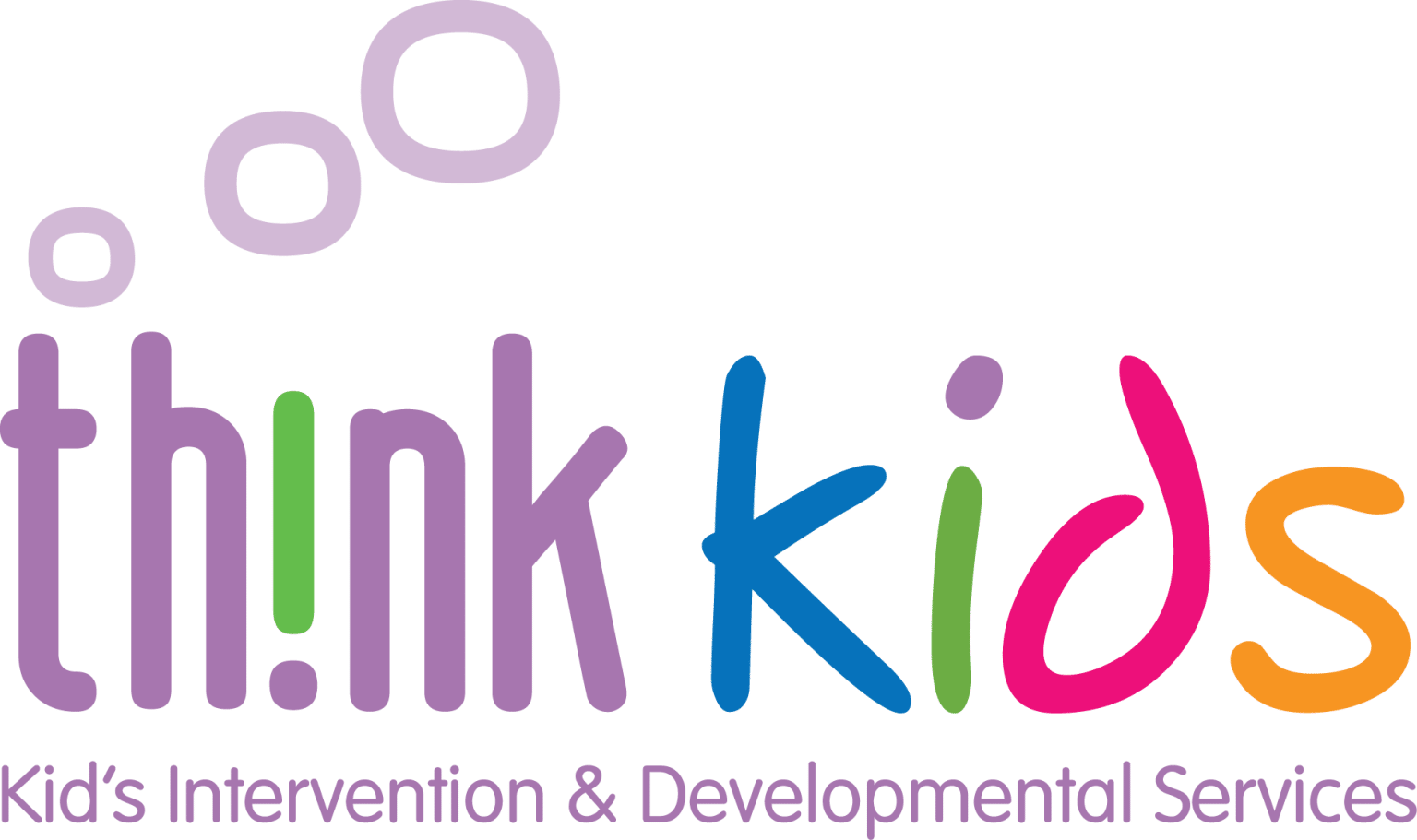In today’s rapidly evolving world, it is more important than ever to equip children with the necessary social skills to thrive in various personal and professional settings. As parents, educators, and caregivers, we play a vital role in fostering healthy social development in children. This comprehensive guide aims to provide you with valuable insights, strategies, and activities to help children build strong social skills, enabling them to navigate relationships and interactions with confidence. By implementing these techniques, you can empower children to excel in social situations and lay a solid foundation for their future success.
1. Understanding the Importance of Social Skills
Social skills are the fundamental building blocks of effective communication, empathy, and cooperation. Developing these skills equips children with the tools to form meaningful connections, resolve conflicts peacefully, and collaborate with others. Strong social skills contribute to improved self-esteem, positive mental health, and enhanced overall well-being. As children learn to interact harmoniously with their peers, they also acquire valuable life skills that will benefit them throughout their lives.
2. Active Listening and Empathy
Effective communication lies at the core of social interaction. Teach children the art of active listening, encouraging them to pay attention, maintain eye contact, and respond appropriately. By actively listening, children can better understand others’ perspectives and develop empathy, which is the ability to understand and share the feelings of others. Engage children in conversations that promote empathy, such as discussing different emotions and encouraging them to express their own feelings.
3. Verbal and Nonverbal Communication
Clear and confident communication is key to building successful relationships. Encourage children to express themselves articulately and respectfully, both verbally and nonverbally. Teach them the importance of using appropriate tone, body language, and facial expressions to convey their thoughts and emotions effectively. Role-playing activities can be beneficial in honing these skills, as children can practice different social scenarios and receive constructive feedback.
4. Problem-Solving and Conflict Resolution
Conflict is a natural part of human interaction. Teach children essential problem-solving and conflict resolution skills to help them navigate difficult situations constructively. Encourage open dialogue, active listening, and compromise. Teach them how to identify the underlying issues, brainstorm solutions, and work towards mutually satisfactory resolutions. By empowering children to resolve conflicts independently, you equip them with invaluable skills for future challenges.
5. Building Empathy and Cultural Awareness
In today’s globalized world, it is crucial to foster empathy and cultural awareness in children. Expose them to diverse cultures, traditions, and perspectives through books, movies, and educational activities. Encourage them to celebrate differences, embrace diversity, and develop a genuine curiosity about the world around them. By nurturing empathy and cultural awareness, you cultivate open-mindedness, inclusivity, and respect for others.
6. Teamwork and Collaboration
Collaboration is an essential skill that prepares children for the dynamics of group work, both academically and professionally. Engage children in team-building activities that encourage cooperation, effective communication, and the sharing of responsibilities. Foster an environment where every child’s contribution is valued and respected. By emphasizing the importance of teamwork, you instill a sense of belonging and equip children with the ability to work harmoniously with others towards common goals.
7. Emotional Regulation and Self-Control
Help children understand and manage their emotions by teaching them emotional regulation and self-control techniques. Teach them how to identify and express their emotions appropriately, as well as develop strategies to cope with stress and frustration. Encourage activities like mindfulness exercises, deep breathing techniques, and journaling to promote self-awareness and emotional well-being. By developing emotional intelligence, children can navigate social situations with composure and empathy.
8. Practicing Social Skills Through Play
Play is a powerful tool for social learning and skill development. Encourage children to engage in imaginative and cooperative play with their peers, siblings, or friends. Through play, children learn to take turns, share, negotiate, and resolve conflicts organically. Provide them with a variety of toys, games, and activities that foster social interaction and encourage problem-solving. By incorporating play-based learning, you create a fun and supportive environment for social skill development.
While traditional games and toys are invaluable, incorporating digital experiences can add a new dimension to their playtime. Slots på nätet, for instance, can provide a platform for children to explore themes, patterns, and probability in a fun and interactive way.
9. Modeling and Reinforcement
As adults, we serve as role models for children. Demonstrate positive social behaviors and skills in your own interactions, both within and outside the family. Model active listening, empathy, and respect in your daily interactions. Praise and reinforce children’s efforts when they exhibit desirable social skills, providing specific feedback to reinforce their progress. Celebrate their successes and support them through challenges, creating a nurturing environment for continuous growth.
10. Seeking Professional Support
In some cases, children may require additional support to develop their social skills. If you notice persistent difficulties or concerns, consider consulting with professionals such as Think Kids Singapore. The Think Kids team can provide valuable insights, assessments, and interventions tailored to your child’s unique needs, ensuring they receive the support necessary to thrive socially.
By implementing these strategies and fostering a supportive environment, you can empower children to develop strong social skills, promoting their overall well-being and future success. Remember, building social skills is a continuous process that requires patience, understanding, and consistent practice. As children grow and develop, their social competence will flourish, equipping them with the tools needed to navigate life’s challenges with confidence and resilience.

